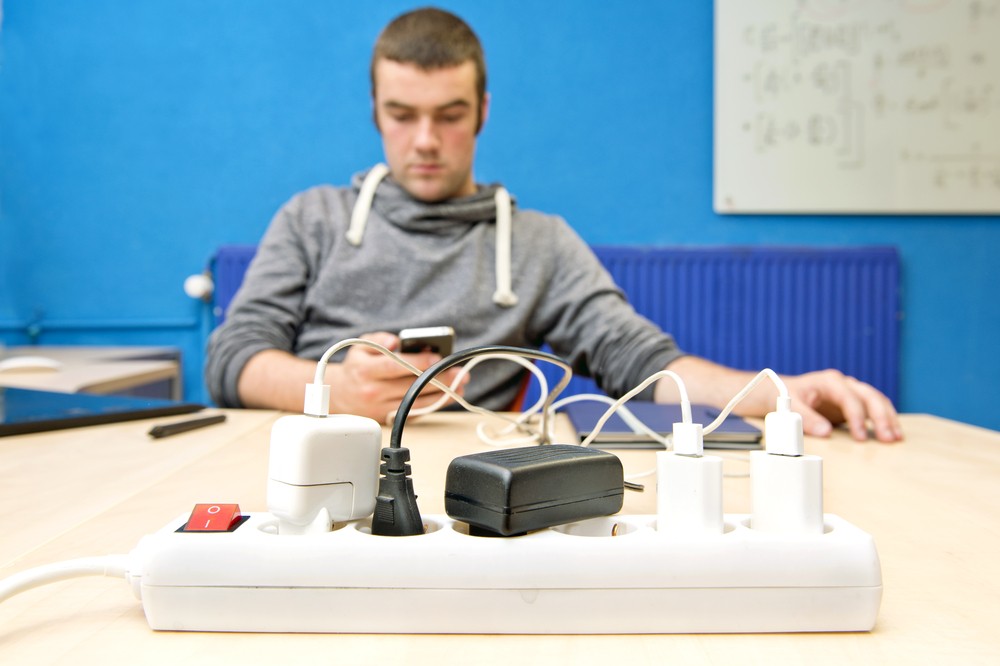The Czech government has taken a major step towards reducing electronic waste and improving consumer convenience by approving the unification of smartphone chargers to USB-C. This decision follows the example set by the European Parliament, which approved the directive on a unified charger last year in October. The move aims to streamline charging practices and make it easier for consumers to use their devices.
Under the new regulations, most devices will be required to adopt the USB-C charger starting from December 2024, while laptops will follow suit from April 2026. This transition is expected to significantly reduce electronic waste and eliminate the need for manufacturers to include charging devices with new phones. Users will now have the freedom to purchase chargers separately when needed.
In addition to the unification of chargers, the implementation of the USB Power Delivery protocol will also be mandated. This protocol ensures that manufacturers cannot unreasonably restrict charging speed, further enhancing the user experience.
The benefits of these new regulations extend beyond smartphones and tablets. Other portable devices, such as electronic readers, cameras, speakers, and wireless headphones, will also be included. Although some of these devices currently use the older micro USB standard for cost reasons, the widespread adoption of USB-C will eventually offer greater convenience and compatibility for consumers.
Alex Saliba, a Maltese MEP who played a crucial role in shaping the new regulations, highlighted the positive impact this decision will have on European consumers. With a single charger now compatible with all portable electronics, the accumulation of unnecessary chargers at home will be significantly reduced.
The European Commission has been working diligently for years to bring about this unified charger solution. Through negotiations with mobile and electronics manufacturers, they have successfully reduced the market from several dozen connectors to just three main options: lightning (Apple), micro USB, and USB-C. While some laptop manufacturers still use their proprietary power connectors, the shift towards USB-C for laptops will be implemented two years after smartphones.
Overall, the Czech government’s approval of mandatory USB-C chargers marks an important milestone in the journey towards standardization and sustainability. By reducing electronic waste and simplifying the charging process, consumers will benefit from increased convenience and compatibility across their devices.


















